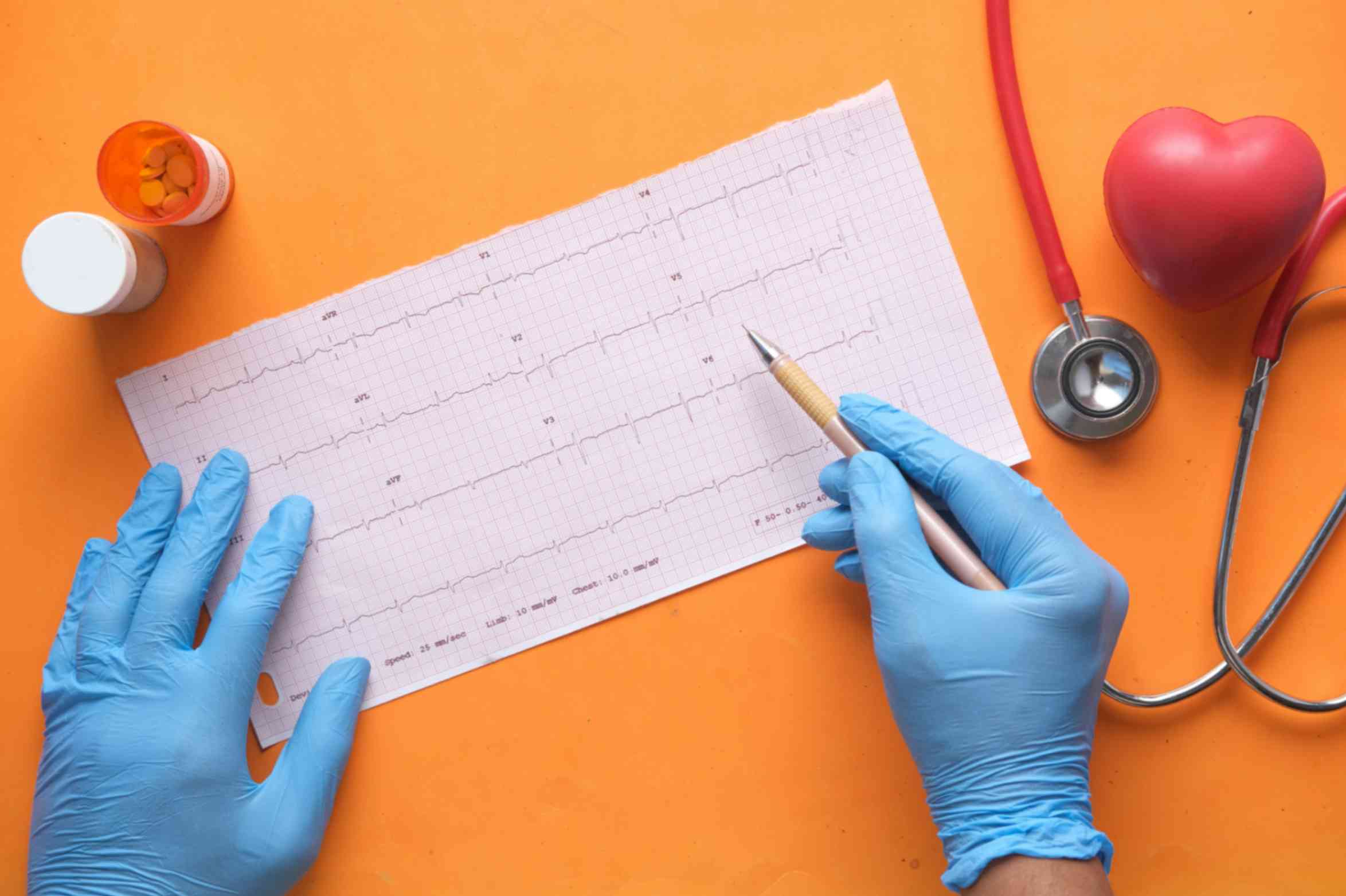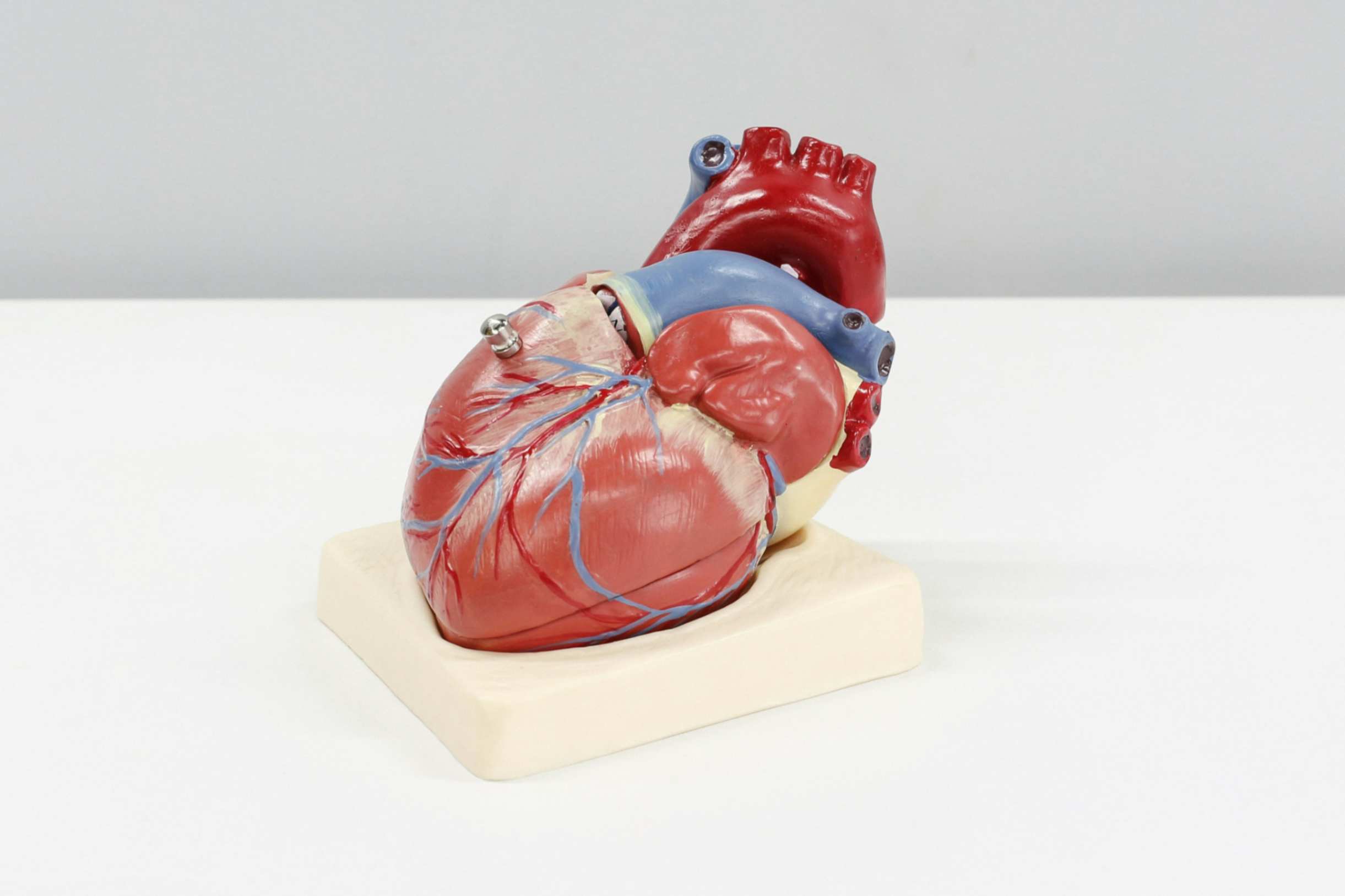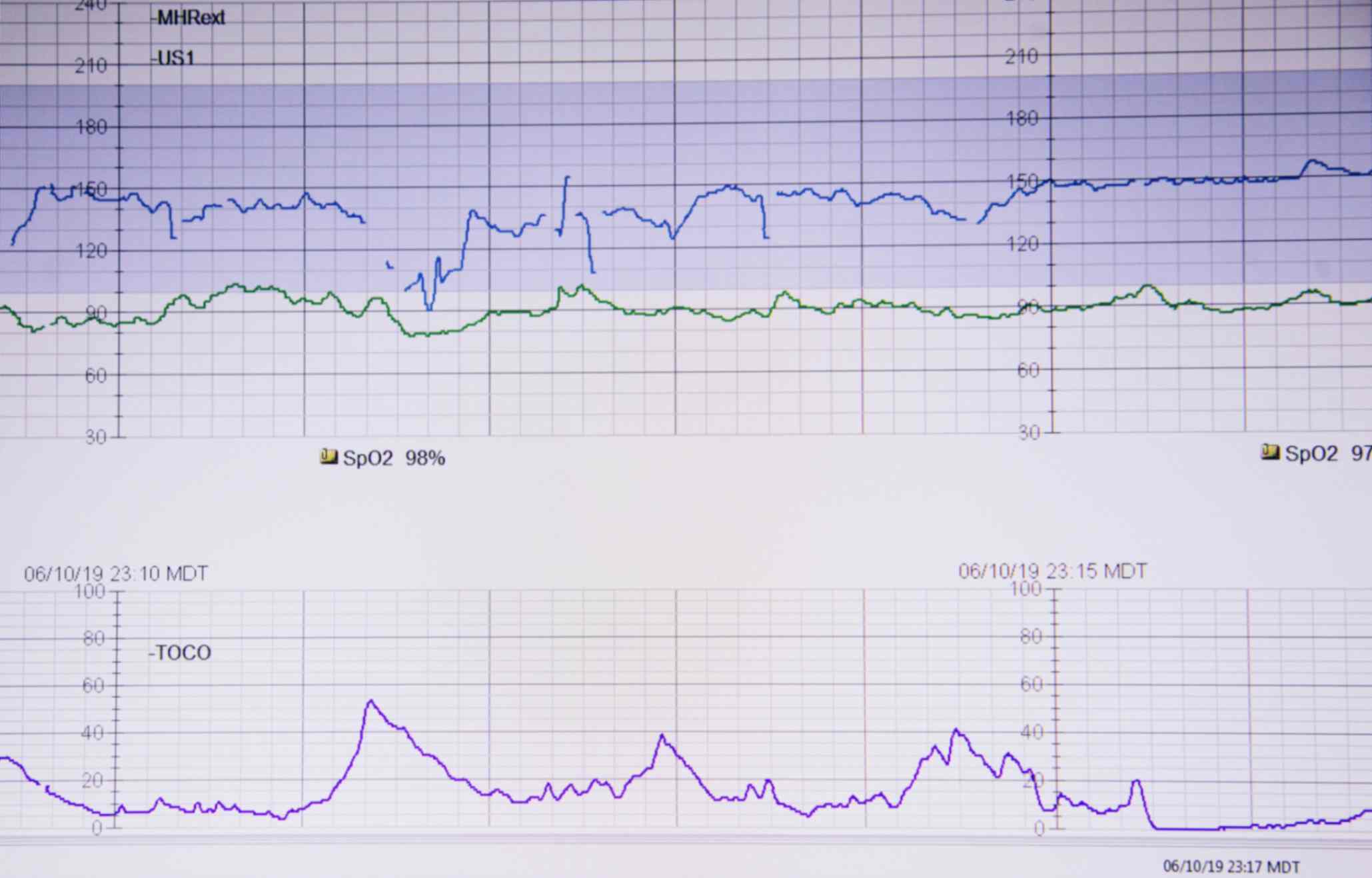5 Expert Tips to Manage Arrhythmia

Our goal is to help you maintain a healthy heart rhythm and manage arrhythmia using effective strategies. Worldwide, millions suffer from arrhythmias and irregular heartbeats. The risk of serious health complications and the need for medical intervention varies with each arrhythmia. Arrhythmia can be managed, however, if you follow certain steps. The following blog post explores five expert tips for effectively managing arrhythmia and improving your quality of life.
5 Expert Tips to Manage Arrhythmia
-
Understand Your Condition
Understanding your specific condition is the first step toward managing an arrhythmia. It is possible to suffer from a variety of arrhythmias ranging from occasional palpitations to life-threatening irregular heart rhythms. Identify the cause of your arrhythmia with the help of your healthcare provider, whether it is caused by heart disease, electrolyte imbalances, or other factors. Understand the symptoms of arrhythmia and ask questions to clarify your understanding.

-
Maintain a Healthy Lifestyle
Arrhythmia can be managed and complications reduced by adopting a heart-healthy lifestyle. Keep these lifestyle habits in mind:
- Eat a Balanced Diet: Eat fruits, vegetables, whole grains, lean proteins, and healthy fats in your diet. You should limit your intake of processed foods, saturated fats, cholesterol, and sodium; these can increase your risk of heart disease and arrhythmias.
- Exercise Regularly: During the week, walk briskly, swim, cycle, or dance for at least 30 minutes most days. Strengthening the heart muscle, improving circulation, and lowering blood pressure reduces the risk of arrhythmias.
- Maintain a Healthy Weight: A healthy weight can be achieved and maintained through regular exercise and a balanced diet. Heart arrhythmias and other cardiovascular conditions are increased by excess weight.
- Manage Stress: Spending time in nature can reduce stress levels and promote relaxation. Deep breathing, meditation, yoga, and other stress-reduction techniques can help. It is important to develop healthy coping mechanisms to prevent heart arrhythmias and worsen existing heart conditions.
- Limit Alcohol and Caffeine: Several individuals suffer from arrhythmias because of alcohol and caffeine consumption. You may want to reduce or eliminate certain beverages from your diet if you notice that they worsen your arrhythmia symptoms.
-
Monitor Your Symptoms:
Monitor your arrhythmia symptoms, such as palpitations, chest pain, dizziness, or fainting spells, to determine their frequency, duration, and severity. Write down your symptoms, as well as any potential triggers, such as caffeine, stress, or physical activity. The monitoring of your symptoms can assist you in identifying patterns and keeping track of your progress, which can then be used by your healthcare provider for accurate diagnosis and treatment adjustment.

-
Follow Your Treatment Plan:
The treatment plan your healthcare provider recommends is crucial if you’ve been diagnosed with arrhythmia. Managing heart arrhythmia with:
- Medications: If you have a severe arrhythmia, or if your heart rate is too high, your healthcare provider may prescribe medications to help you control or prevent blood clots.
- Medical Procedures: To restore normal heart rhythm or prevent life-threatening arrhythmias, medical procedures such as cardioversion, catheter ablation, or pacemakers or defibrillators may be necessary. Managing cardiac arrhythmia is also neccessary.
- Lifestyle Modifications: Changing your diet and exercising, managing your stress, and quitting smoking are all potential methods for managing arrhythmia episodes.
- Regular Follow-Up: Meet regularly with your healthcare professional to monitor your progress, make adjustments to your treatment plan, and discuss any concerns.
-
Be Prepared for Emergencies:
Although most arrhythmias can be managed with proper treatment and lifestyle modification, it’s essential to keep an eye out for emergencies, especially if you’ve had severe or life-threatening arrhythmias in the past. Take the following precautions:
- Carry Medicines: Keep your medication with you at all times, along with your diagnosis, treatment plan, and emergency contact information if you have been prescribed medications for your arrhythmia.
- Wear a Medical ID: A medical identification necklace or bracelet should indicate your arrhythmia diagnosis and any relevant medical conditions. If you are unable to communicate in an emergency, this information may be invaluable.
- Learn CPR: You can learn life-saving skills by taking a CPR (cardiopulmonary resuscitation) course. A person’s survival may depend on the ability to perform CPR until medical assistance arrives.

Conclusion
When manage arrhythmia correctly, arrhythmia can be kept under control, and complications are reduced, improving your quality of life. With arrhythmia, you can take charge of your heart health by understanding your condition, adhering to your treatment plan, monitoring your symptoms, and being prepared for emergencies. Ensure that you develop a customized management plan with your healthcare provider that meets your individual needs. You can thrive despite arrhythmia with proactive management and support.





1 Comments
Hello, I would want to keep in contact with you regarding your writings on AOL because I genuinely appreciate your writing. I’m excited to see you soon. I need a specialist in this area to address my issue. Perhaps you are that somebody.